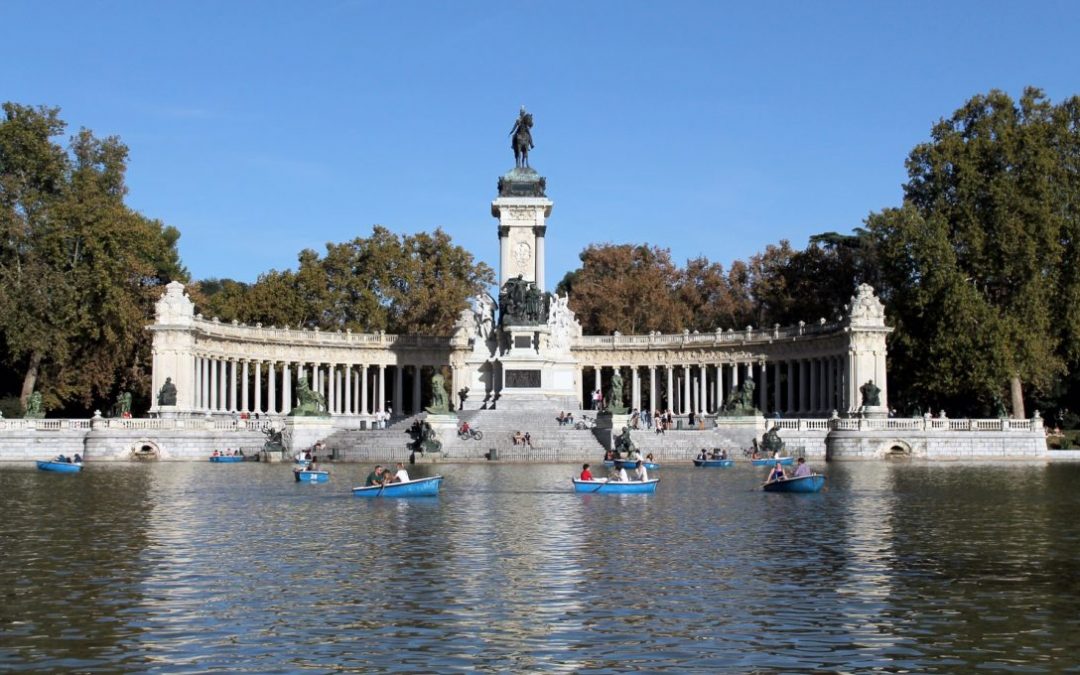Decree 10.033 / 19 was published in the DOU in October 2019, promulgating the Protocol relating to the Madrid Agreement on international trademark registration, signed in Spain on June 27, 1989.
Also known as the “Madrid System”, as it is an international and centralized system that makes it possible for companies interested in modifying, renewing or expanding the brand portfolio, being able to use a single act for the registration and management of their brands globally.
With the advent of the Madrid Protocol, companies and individuals in a member country are entitled to apply, through the World Intellectual Property Organization (WIPO), linked to the UN, to register a trademark already applied for or registered in their country of origin. source. This process ensures brand priority and simplifies registration in all nations that are part of the agreement.
With the promulgation, Brazilian companies that wish to register their trademarks in any of the countries that are part of the agreement, will be able to deposit the application directly with INPI – National Institute of Intellectual Property.
The result of red tape will impact not only national companies interested in protecting their brands abroad through a single application for registration, but also those Brazilian and foreign companies seeking protection only in Brazil, thanks to the adoption of the multiclass system. By virtue of such a system, it will be possible to claim all classes of products and services in which protection is sought through a single order.
The United Nations through its body WIPO – World Organization for the Protection of Intellectual Property – greatly facilitated the protocol through its centralized administration. Generating facilities, reliability, cost reduction and speed to the process.
The main changes resulting from Brazil’s accession to the Madrid Protocol are:
• Brazil will become a “multiclass” country, that is, a single application for registration may encompass as many classes of products and services as are of interest to the depositor;
• Such a system will be applicable not only to those companies interested in applying for protection for their trademarks in other countries from an application for registration filed in Brazil, but also in cases where protection is restricted to Brazilian territory;
• In order to claim the protection of the trademark with designation of other countries that are members of the Protocol, it will be necessary to complete a form in Spanish or English, which are the languages adopted by Brazil under the Protocol for later forwarding to the International Bureau;
• Provided that the requirements of the International Bureau are met, it will then forward the application for registration to each of the designated countries. The examination will be carried out in accordance with the legislation of each of the designated countries;
• Another advantageous consequence of the system is the extension of a single registration (International Registration) by the International Bureau, taking effect in all countries where protection has been obtained.;
• Another novelty is the possibility of a trademark belonging to more than one owner, due to the co-ownership regime;
• The possibility of dividing orders and records is another interesting tool;
• Reaffirming one of its main characteristics, flexibility, the Protocol gives users the possibility to extend their brand protection to other member countries according to their convenience. This may occur if the interested party, at a later time, has an interest in using your brand in markets not initially envisioned;
• When extending the protection of his trademark to other countries, the holder is not obliged to point out all the classes previously claimed, and may indicate a lower number of classes; all according to your convenience. However, he will not be able to claim a class other than those already covered by the International Registration.
Some points must be evaluated, such as:
• Even with the adoption of the multiclass system, the national or foreign interested party must, as required by the National Institute of Industrial Property (INPI), pay official fees for each class claimed and wait for the examination in each class;
• Before applying for protection for your trademark in other countries, it is highly recommended that the interested party carry out prior searches in order to assess the prospects of obtaining registration for your trademark and even if it is convenient or not to use the Madrid Protocol;
• If there is any incident in one or more designated countries, it will be necessary to hire local lawyers to obtain advice and also to act on behalf of the applicant. In such cases, the holder will incur additional expenses;
• The possibility that the registration or the base application will be subject to a central attack within up to five years from the date of the International Registration;
• In the event of a central attack, the holder may request the transformation of his International Registration into national registries, which is yet another flexibility of the system.
Being part of the Madrid Protocol will bring countless benefits to the country, especially for businessmen and entrepreneurs. Fostering the formation of new companies and exporting products, encouraging creativity, developing new ideas, protection, stimulating the economy and so on. Optimizing the trademark registration process is crucial to assist the emergence and growth of businesses.
We have high expectations for the next steps, but we are also cautious so that brands have their protections guaranteed. If you have other questions about the Madrid Protocol and how it will affect the trademark processes in Brazil, come and talk to us by e-mail a.raposo@alexandreraposo.adv.br, we will be happy to answer your questions.

